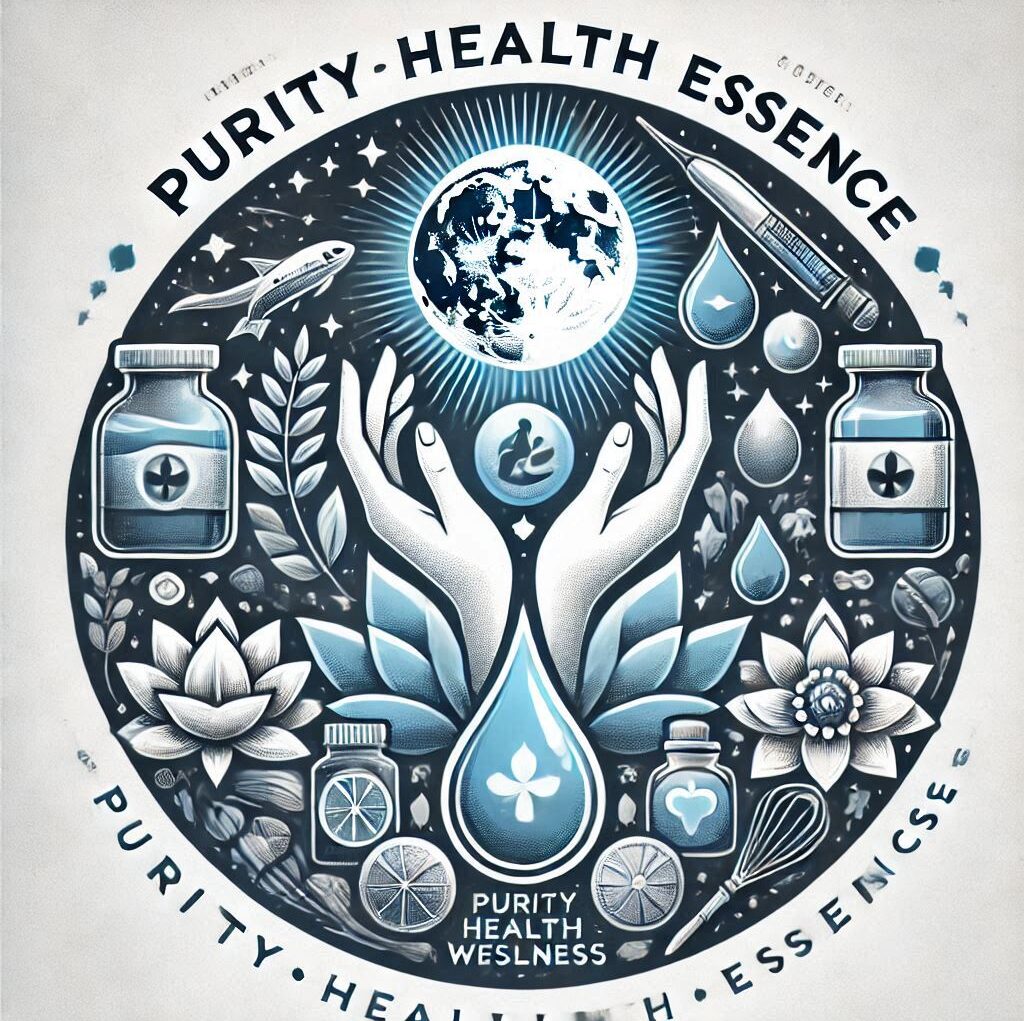
Let’s clear the air around one of the most underrated but crucial aspects of men’s health — the prostate gland. This small gland, about the size of a walnut, sits just below the bladder and has a pretty big job to do. It’s responsible for producing fluid that protects and nourishes sperm. A healthy prostate means a healthy reproductive system.
Understanding why prostate health is important begins with its influence on overall physical well-being. A range of issues, from minor discomfort to serious health challenges like prostate cancer, can arise if things go off track. Staying informed helps in making smart health choices that keep life running smoothly.
Statistics show that prostate problems affect millions of men, especially as they age. Yet, there are common misconceptions that keep folks from taking their prostate seriously. Some think it’s only an issue for older men or that it’s unavoidable, which isn’t entirely true. Catching potential problems early and going for regular check-ups are part of a proactive health strategy.
In this journey, you’ll get the lowdown on what to watch for, how to keep your prostate in top shape, and what help is out there if things start to wobble. Stick with me and we’ll break down all the need-to-know info without any of the fluff.
Common Prostate Health Issues and Their Symptoms
Prostate health can sometimes feel like a big mystery, especially when those ‘what ifs’ start to crowd your mind. A good way to tackle this is by knowing what kind of hiccups might pop up and recognizing the signs early. Some of the big players here are Prostatitis, Benign Prostatic Hyperplasia (BPH), and Prostate Cancer.
Prostatitis, often a result of inflammation, can cause pain and difficulties with urination. It sneaks up on you and may seem just like a simple urinary tract infection, which is why it can fly under the radar if you’re not looking closely.
Then there’s BPH, where the prostate gets a little too big for its own good. While it’s common as men age, not everyone knows it can lead to annoying issues like frequent trips to the bathroom, especially at night. That can seriously mess with a good night’s sleep.
Prostate Cancer might sound scarier and more grim, but many cases are caught during routine check-ups before symptoms even start. Understanding family history and symptoms like blood in urine are all part of staying ahead of the game.
Age, lifestyle, and family history play a role in these issues, but not everything is set in stone. Recognizing symptoms early and having a candid chat with a healthcare provider is essential. Personal stories from folks who’ve faced these challenges can be comforting and eye-opening — knowing you’re not alone makes all the difference.
Preventive Measures and Lifestyle Adjustments
Taking charge of prostate health isn’t just about crossing fingers and hoping for the best. It starts with some simple, manageable lifestyle tweaks that can make a world of difference. First up, let’s talk diet. Loading your plate with a variety of fruits, vegetables, whole grains, and lean proteins not only fuels your body but also keeps your prostate in check. Some foods, like tomatoes and broccoli, are prostate’s best friends thanks to their high levels of antioxidants.
Next, let’s get moving. Regular exercise doesn’t just make you feel great; it helps keep your weight in a healthy range and may reduce the risk of BPH. It doesn’t have to be a marathon either—just find something you enjoy, whether it’s jogging, walking, or even dancing in your living room to your favorite tunes.
Routine medical check-ups and screenings are key players in this game plan. Regular PSA tests and check-ups with a healthcare provider can detect potential issues early on and keep things under control. Even if the doctor’s office isn’t your favorite place, think of these appointments as a vital step in staying on top of your health.
Finally, never underestimate the power of a calm mind. Stress can affect your body in unexpected ways, so finding some time every day to relax with breathing exercises, yoga, or meditation can be beneficial. A well-rounded approach that includes all these elements helps keep your prostate and body happy.
Treatment and Management Options for Prostate Health
So, what happens if prostate issues do arise? There’s a solid arsenal of treatment options out there to tackle the problem head-on. For some conditions, medications can help shrink the prostate or ease symptoms by relaxing the muscles around the gland.
Surgery is another path, particularly if there’s significant bother or risk. It might sound intimidating, but modern surgical techniques offer high precision and often quicker recovery times. Your healthcare provider is the best bet for weighing the pros and cons.
Some people explore natural remedies alongside medical treatments. Things like saw palmetto and green tea extracts have been floated about in the wellness community, but always check in with a doc before adding anything new to your routine.
Catching prostate issues early can lead to better outcomes, making regular screenings and monitoring crucial parts of the equation. It’s not only about managing a condition; it’s about maintaining quality of life, too.
Hearing from those who’ve been down this road can be reassuring. They’re living proof of the benefits of early detection and sustained care. Chats with healthcare experts can also shine a light on those gray areas, providing clarity and reassurance.
Remember, when it comes to prostate health management, you’re not flying solo. There’s an entire field of medical expertise ready to support, guide, and help make those tough decisions as straightforward as possible.

